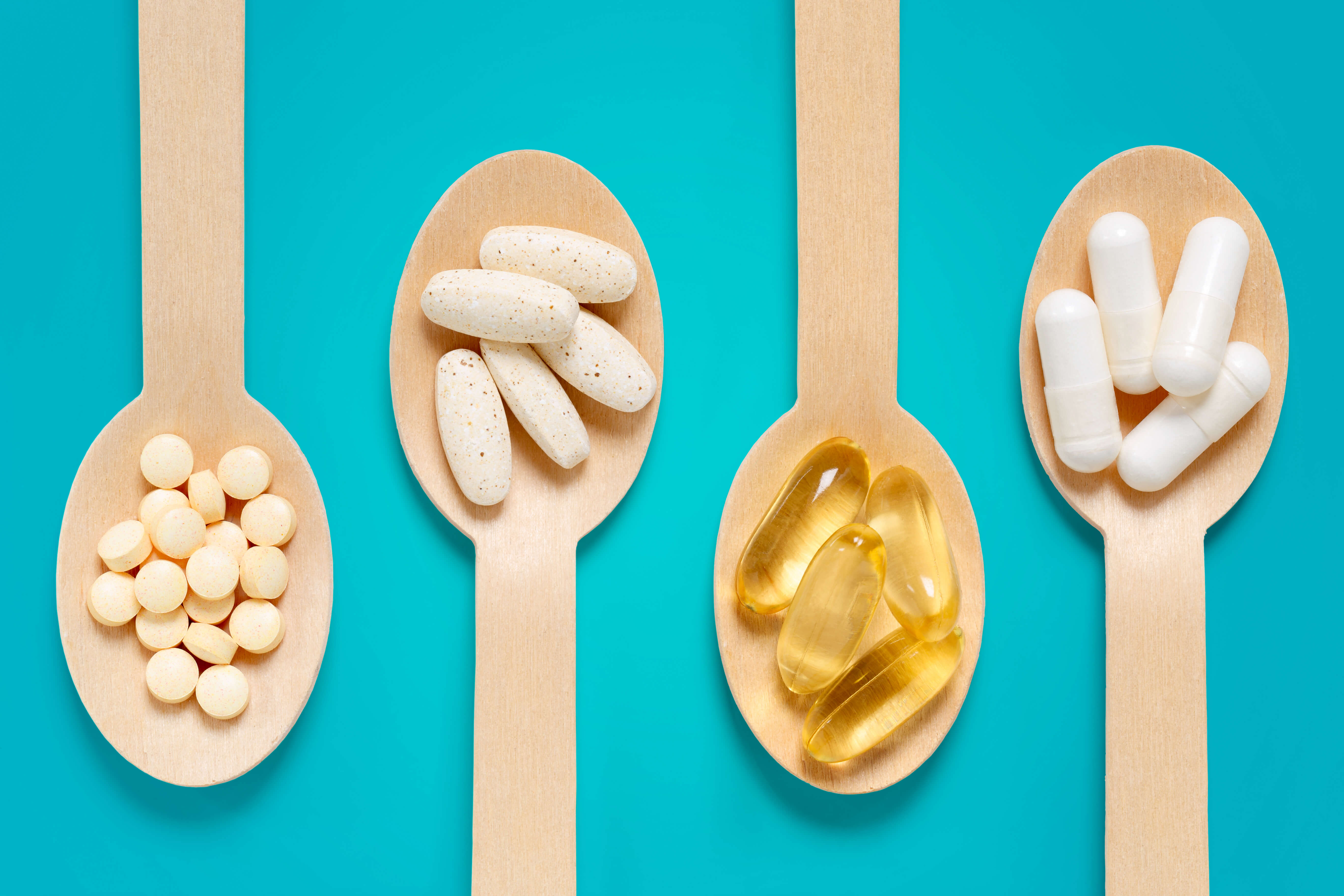
How do the things we consume reflect in our complexion?
We’re all guilty of choosing the not-so-healthy food options every now and again, but how often do we really stop and think about how our glow is affected? It’s pretty common sense to most of us that unhealthy choices may result in unhealthy skin, but how many of us are truly eating with our complexion in mind?
You’ve all heard the age old adage “you are what you eat”, but the bad news is that a good, balanced diet simply is just not good enough anymore. Thanks to modern life and industrial farming, our diets are not as clean as we think. As a matter of fact, a lot of the nutrients we think we’re getting from our diets are actually lost through growing conditions, storage and transportation, and then even further through cooking.
Why does all of this matter?
Let’s say you bought 100 grams of carrots from a local and organic grocer, 100 grams of carrots from a standard chain grocer and then 100 grams that you picked from your backyard. The nutritional value between the three sources could range significantly, and there is no way for you to know. Beta-carotene (Vitamin A) alone could reasonably range from just 70mg to 18,500mg. If we imagine the same scenario with oranges, the Vitamin C levels in 100mg of oranges could be between 0mg-116mg. Can you imagine eating an orange and getting zeroVitamin C? That’s bananas, if you ask us.
With this in mind, it becomes pretty clear that supplementation is necessary even in the healthiest of diets. Supplements complete the bigger picture of creating healthy cells all throughout our body, however, all supplements are not created equal.
Consumer beware: You get what you pay for.
Although many supplements exist on the market today with claims of building collagen and staving off aging, improving acne and ridding your rosacea, do they really work? More often than not, the answer unfortunately is no. Did you know that over-the-counter supplements are not required to substantiate their claims? In other words, there is no clinical data to support that they can achieve all the miracles the label is promising you. And on top of that, much like the foods we’re consuming, our supplements might not be delivering the nutrients we think they are.
So how do we know we’re getting a quality product? Well, much like how your drugstore cleanser or serum can’t stand up to a medical grade one, the same is true for supplements. We know, it’s cheap and convenient, but is that really the stance you want to be taking when it comes to your health? We think not.
Thanks to product marketing, the average consumer has become used to seeing the vague, over-promising, “natural — organic — only purest ingredients” tripe slapped across all of their packaging and labels, but what makes an ingredient pure? And how could one manufacturer be better or “cleaner” than another? And more important, how do we know?
Is your over-the-counter multivitamin the same as what you get in-clinic? In a word- no.
Just like your medical grade skin care, professional supplement companies only use high-grade, raw ingredients which are routinely tested for impurities and quality, while many over-the-counter brands simply do not make the extra effort. Another thing to consider when determining the quality of your supplement is to think to the basics of how< it is made, and what it takes to flow through a machine and be encapsulated.
Manufacturing encapsulated supplements isn’t an easy task. Pure powdered ingredients are difficult to mix because they are either extremely dry, sticky with botanical extracts, or they attract unwanted moisture. As a way around this, many manufacturers will add substances such as lactose and dextrose to make the powder flow quickly and easily through their high-volume machines. The problem with this is that these additives may compromise the bioavailability of the nutrients in the supplement, in other words: You won’t be getting what you think you are from your supplement.
While these additives have been studied and known to contain contaminants and interfere with absorption, still a large percentage of supplement companies ignore this date because of the impact on their production costs. Truly there are only a few exceptions within the industry of companies simply not willing to compromise integrity and efficacy.
The Advanced Difference
With Advanced Nutrition Programme, our chosen in-clinic line, every ingredient in every product has been meticulously studied and tested. Before a product makes it to market, it will undergo scrupulous research followed by an in-house human trial containing a minimum of 100 participants, both men and women, of all backgrounds and skin types. It is then sent to university labs to be tested, and then next an additional third-party double blind testing to compare the results even further. This process ensures that results are consistent and reliable across the board.
Advanced Nutrition believes in a natural alternative to pharmaceuticals. In order to do that, supplements must be skin-specific, meaning that they benefit the integumentary system the most while of course also benefiting the body as a whole and supporting all systems. Advanced Nutrition Programme was created and formulated at iiaa (International Institute of Anti-Aging) and are created free of artificial flavours, colours or sweeteners and all ingredients are non-GMO, non-irradiated and gluten free. ANP fish oils are rigorously tested and screened for pollutants.
Advanced Integrity
ANP are at the forefront of the clean label movement. The brand believes in delivering the cleanest product possible for the cleanest results. Protecting the environment is also a priority to the brand. Beyond the beautiful and reusable packaging, it is almost entirely recyclable and even the ink is an environmentally friendly vegetable dye. Their exceptional fish oils are traceable from the fishery to the finished product. EPAX, a leading supplier with “Friend of the Sea” credentials — harvests, transports, and manufactures their omegas.
All Advanced Nutrition Programme ingredients are ethically sources, pure vitamins, minerals and plant extracts.
Bottom line
We must invest in our health, and part of being healthy is healthy skin. While professional grade supplements may be a little bit more up front, it’s a small price to pay for your health and peace of mind.
Not sure where to start? Book in a complimentary Skin Health Consultation with an expert!


